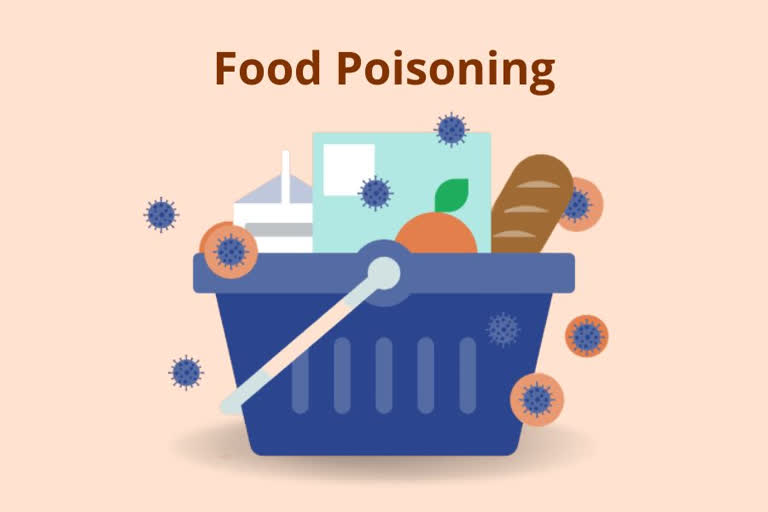Food poisoning, as the name suggests, is a food-borne disease, which is caused due to consumption of contaminated food. The three main infectious organisms causing food poisoning include bacteria, parasites, and viruses. The symptoms can range from mild to severe, depending upon the infectious organisms one has swallowed. Some common symptoms of food poisoning include:
- Upset stomach
- Stomach cramps
- Nausea
- Vomiting
- Loss of appetite
- Diarrhea
- Fever
- Fatiguability, weakness
The symptoms may usually occur after a couple of hours of eating contaminated food or may even appear a few days or weeks later. The condition is treatable but may take a few hours or days to recover completely, depending upon the severity.
Also read:8 hydrating drinks to maintain your electrolyte balance
What are the severe symptoms?
According to the Centers for Diseases Control and Prevention (CDC), see your doctor or healthcare provider if you have symptoms that are severe, including:
- Bloody diarrhea
- High fever (temperature over 102°F, measured in your mouth)
- Frequent vomiting that prevents keeping liquids down (which can lead to dehydration)
- Signs of dehydration, including little or no urination, a very dry mouth and throat, or feeling dizzy when standing up
- Diarrhea that lasts more than 3 days
Can there be a long-term illness?
CDC further mentions that most people have only mild illnesses, lasting a few hours to several days. However, some people need to be hospitalized, and some illnesses cause long-term health problems or even death. Infections spread by food can lead to:
- Chronic arthritis
- Brain and nerve damage
- Kidney failure caused by hemolytic uremic syndrome (HUS)
What to remember?
The organisms or the pathogens that cause food poisoning are usually found in almost all the foods we eat, but the heat used to cook food kills these pathogens. Foods that are raw or are not properly cooked can be attributed to causing the condition. Therefore, make sure you cook the food properly. Do not consume raw or undercooked food, especially meat and eggs.
Always wash fruits and vegetables before using them. At times, water too can be contaminated and cause food poisoning. Therefore, it is always advised to drink clean or boiled water. Besides this, maintaining proper cleanliness and hygiene is a must. Do not forget to wash your hands before cooking and eating the food. Special care should be taken when cooking and feeding kids, immunocompromised people and older adults as well as pregnant women.
Most importantly, when suffering from food poisoning, it is important to drink plenty of water and other fluids throughout the day, so that diarrhea and vomiting do not lead to dehydration.
